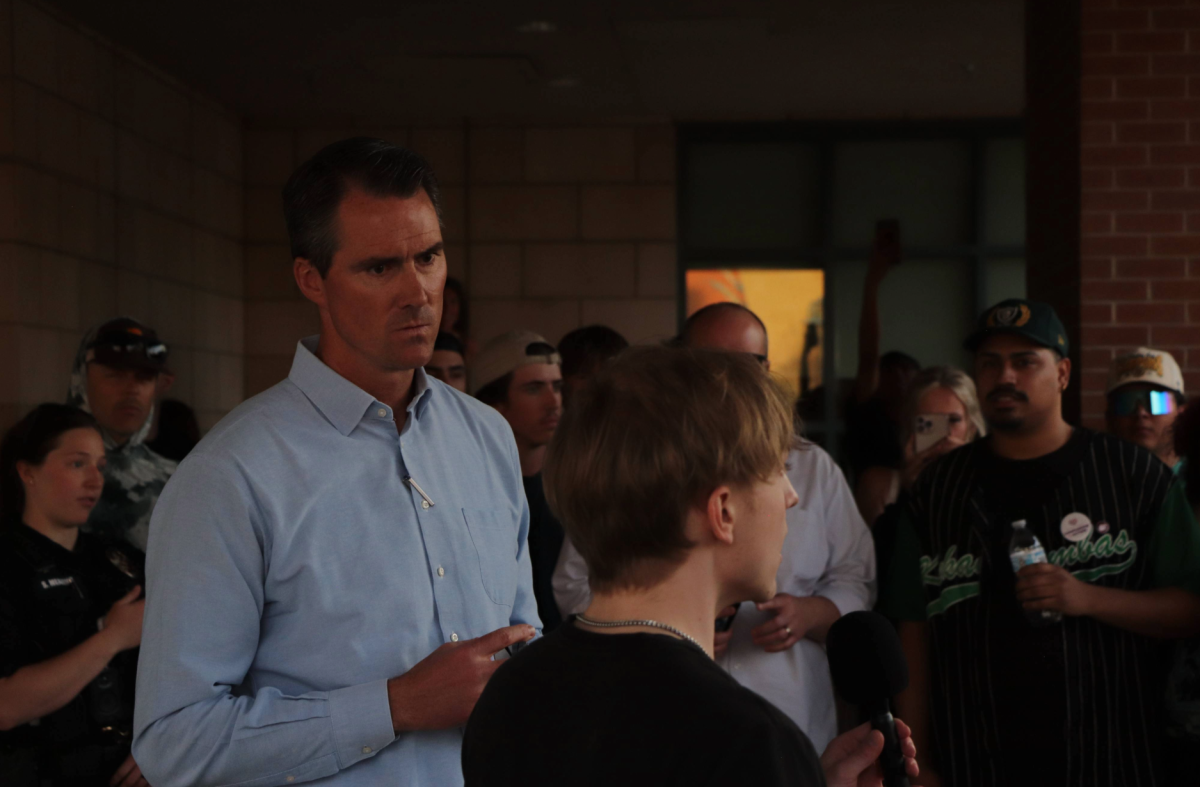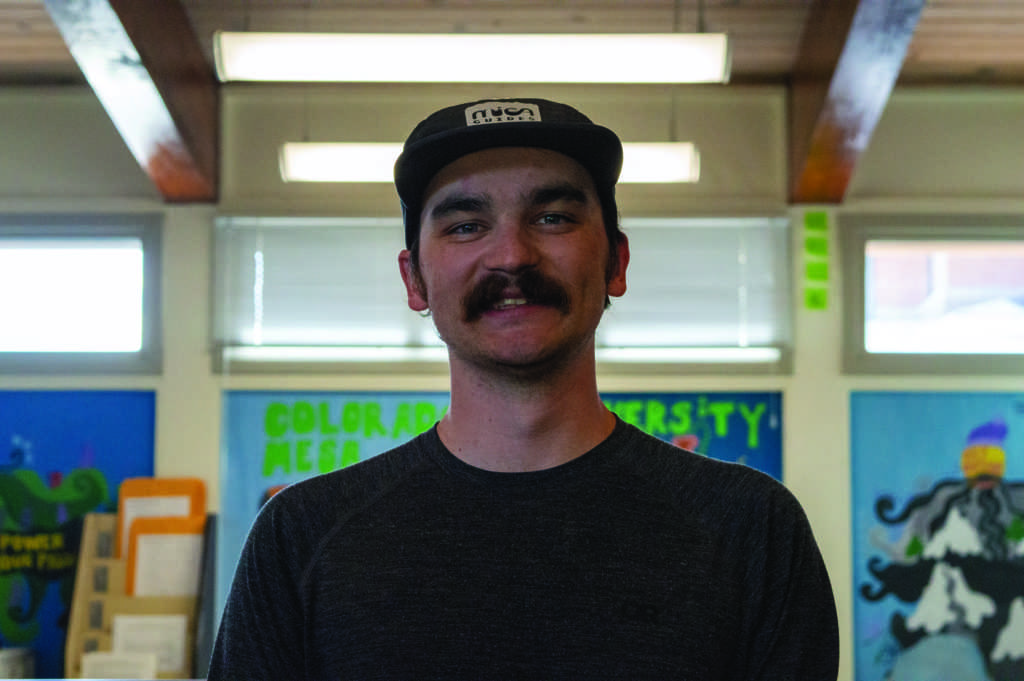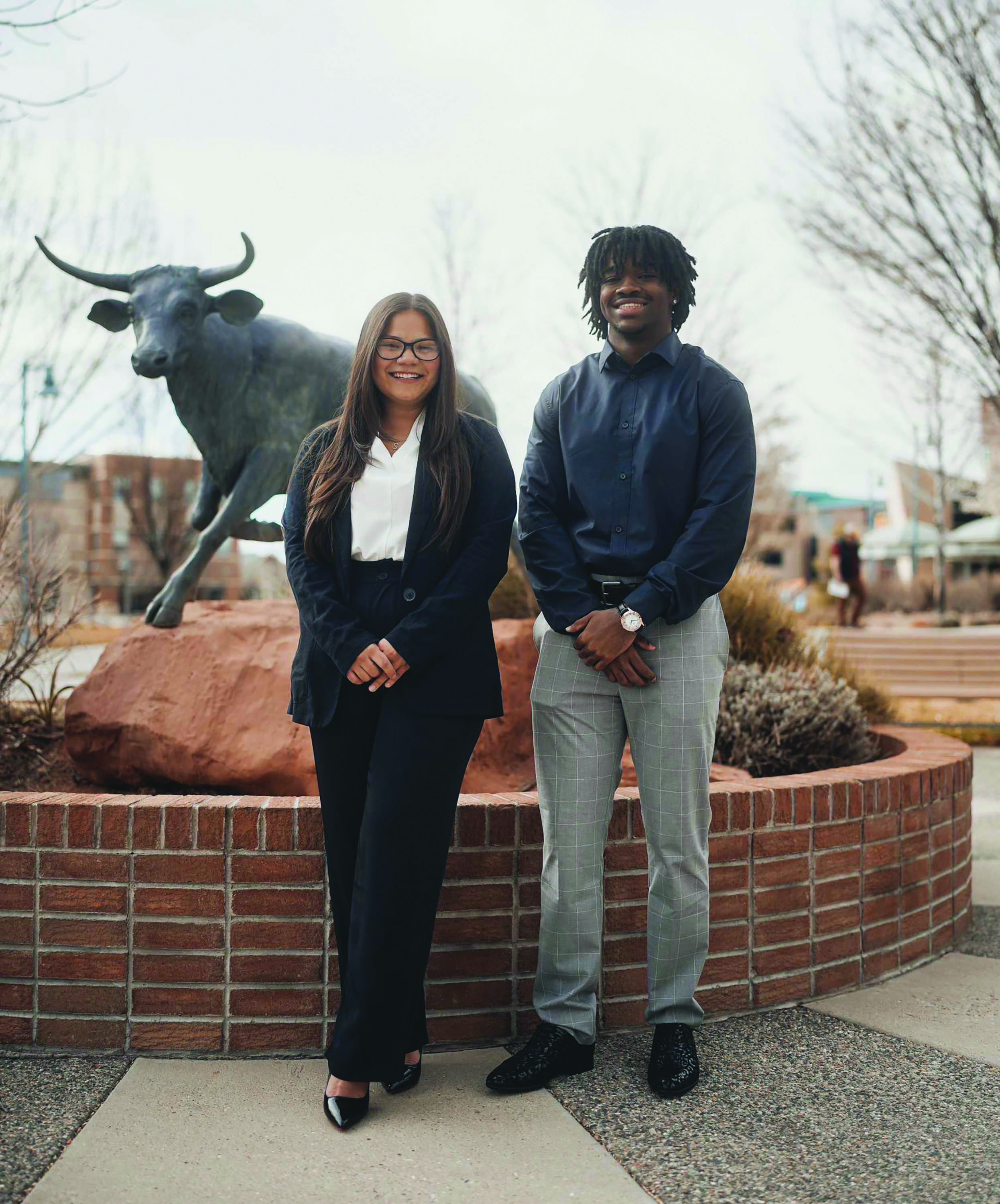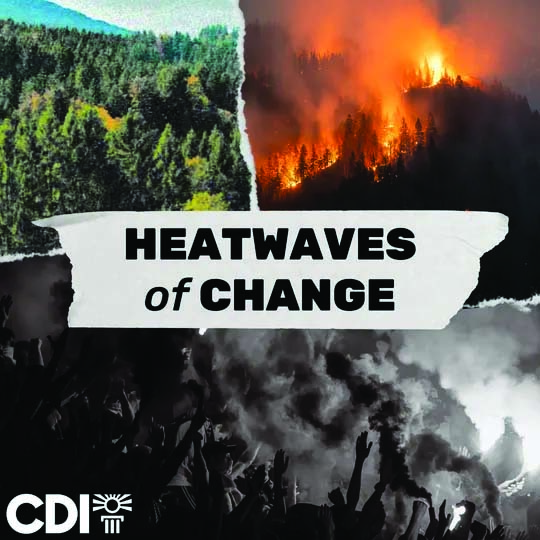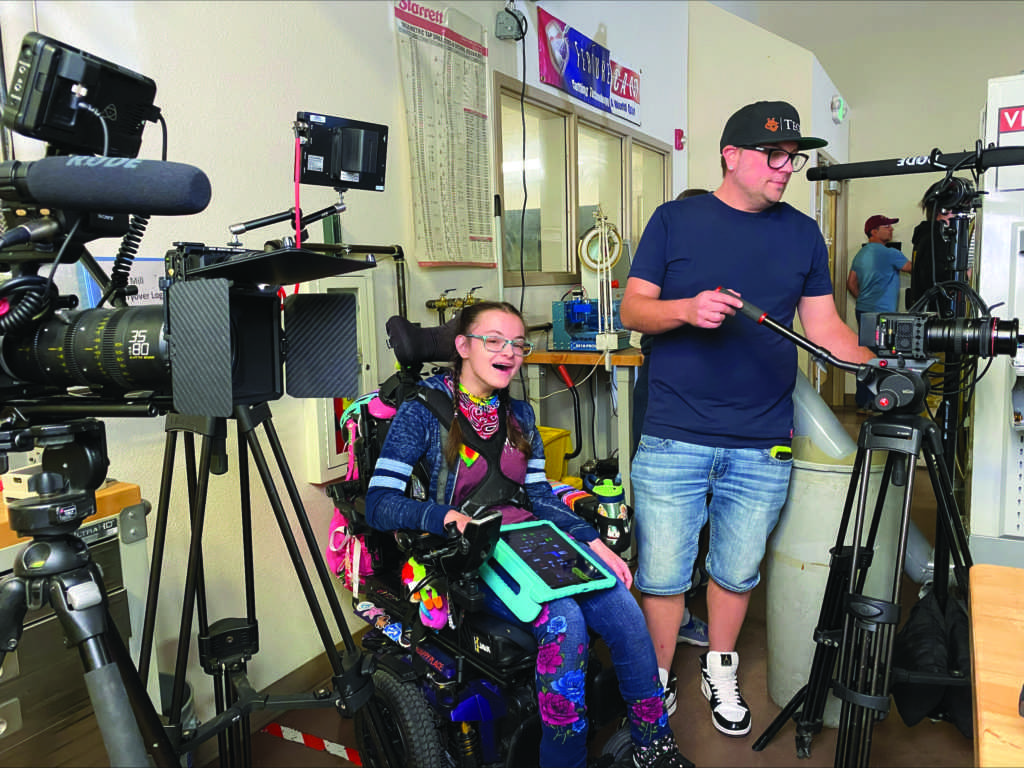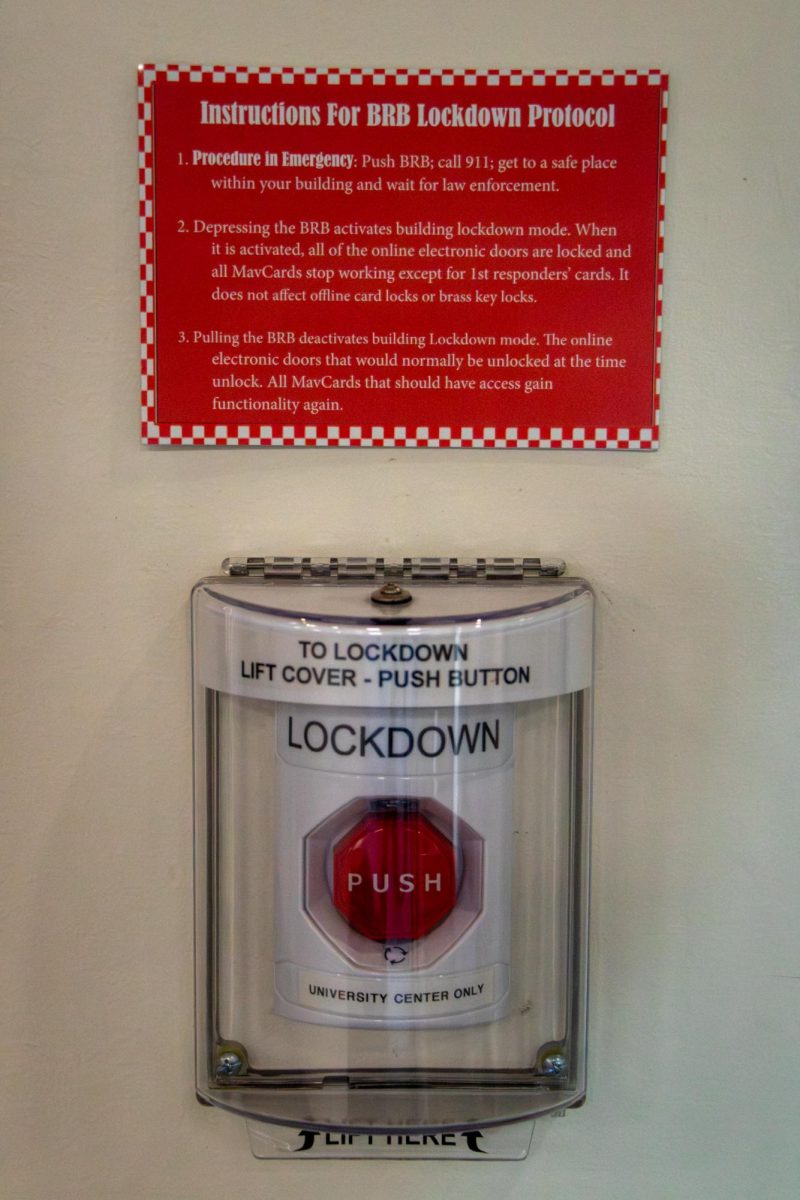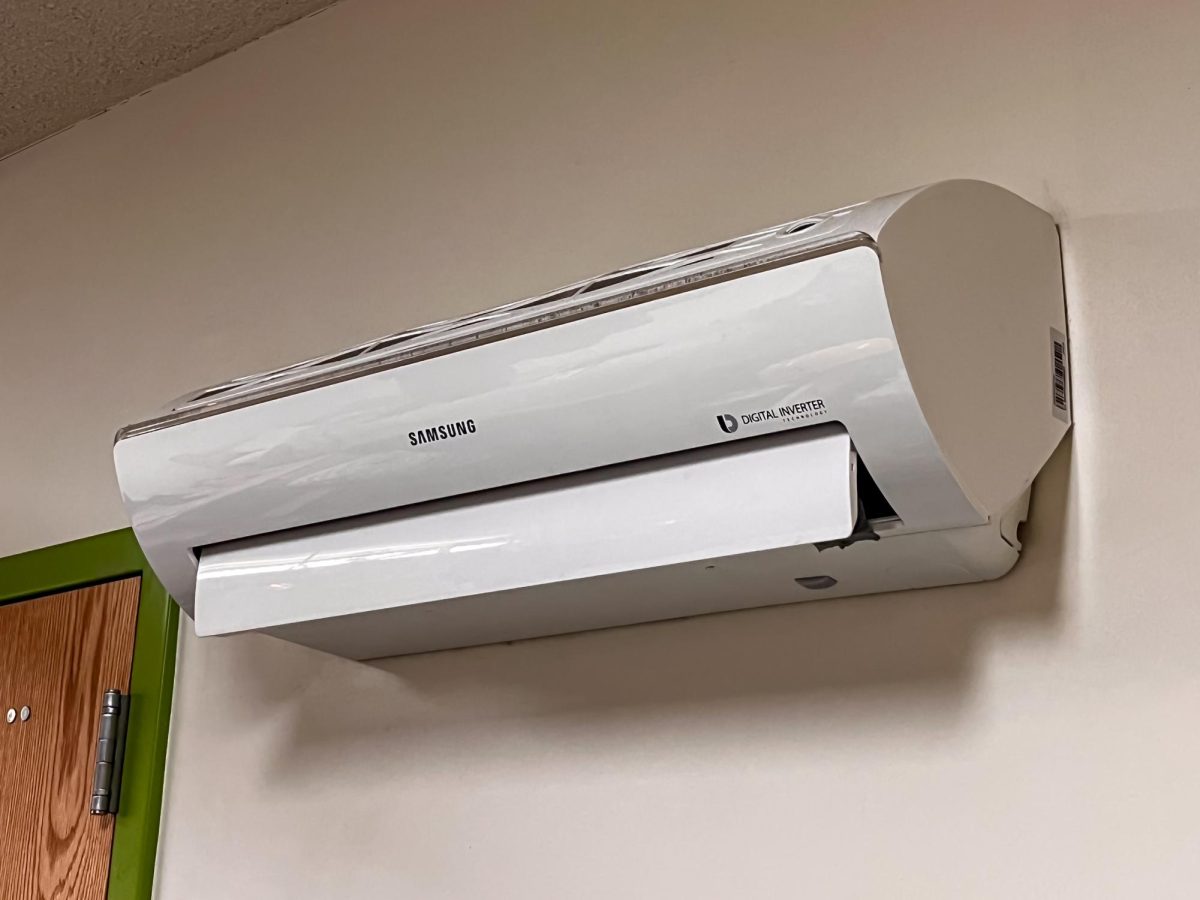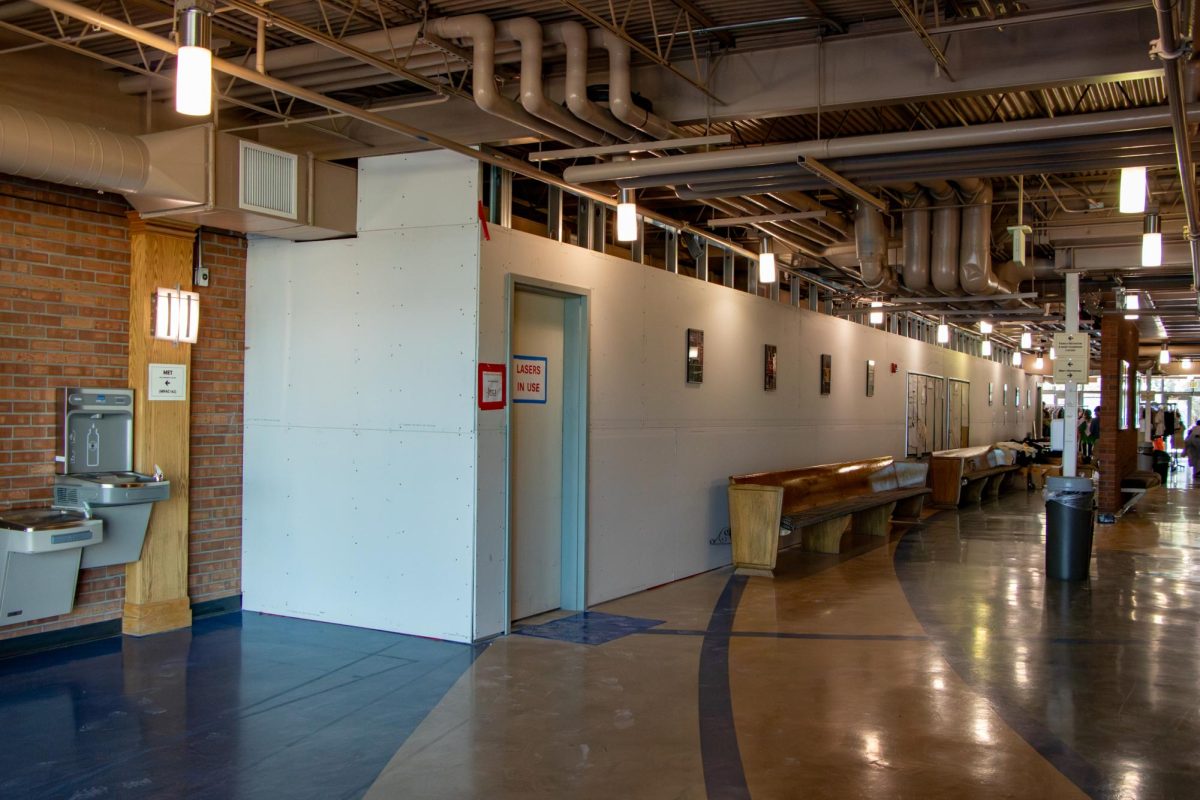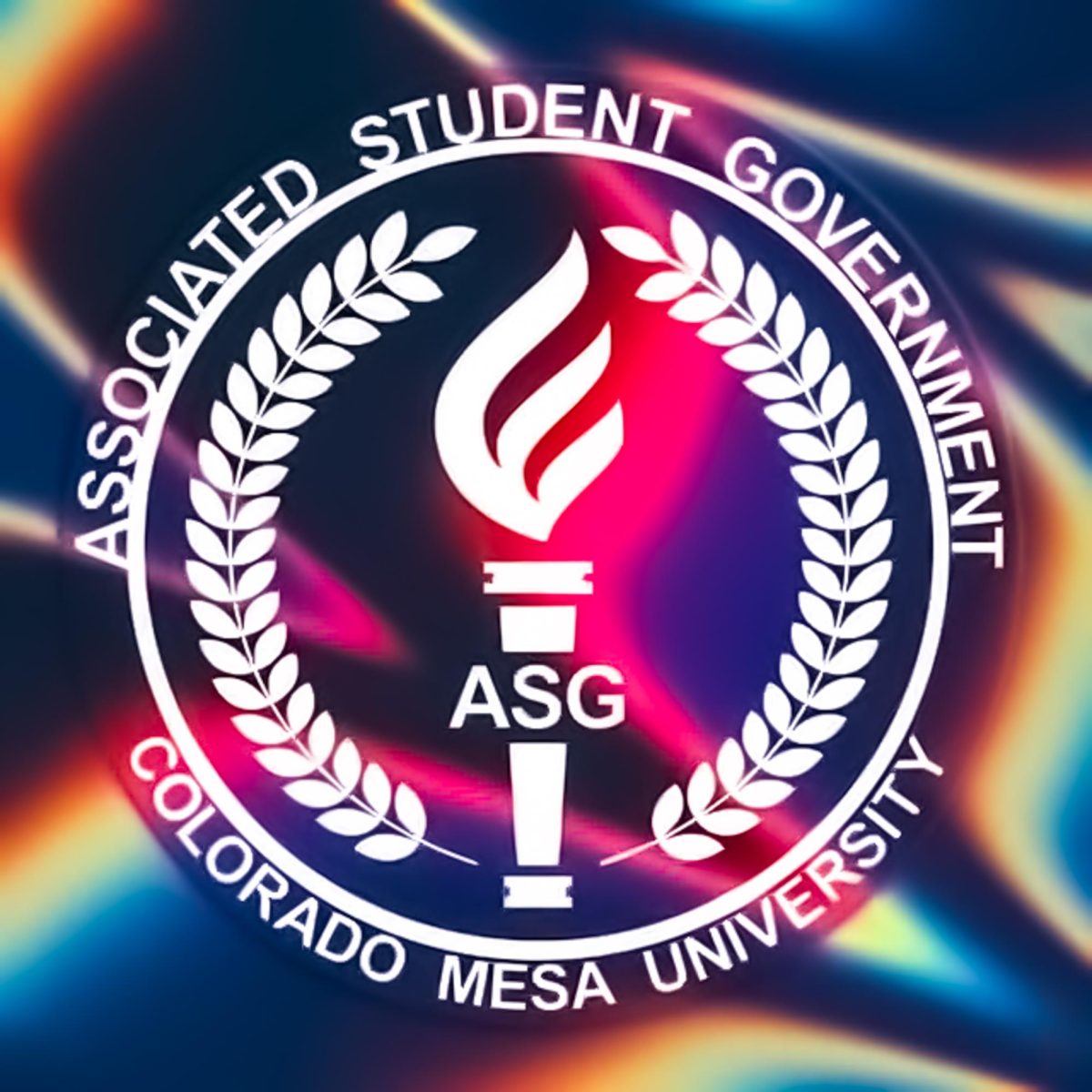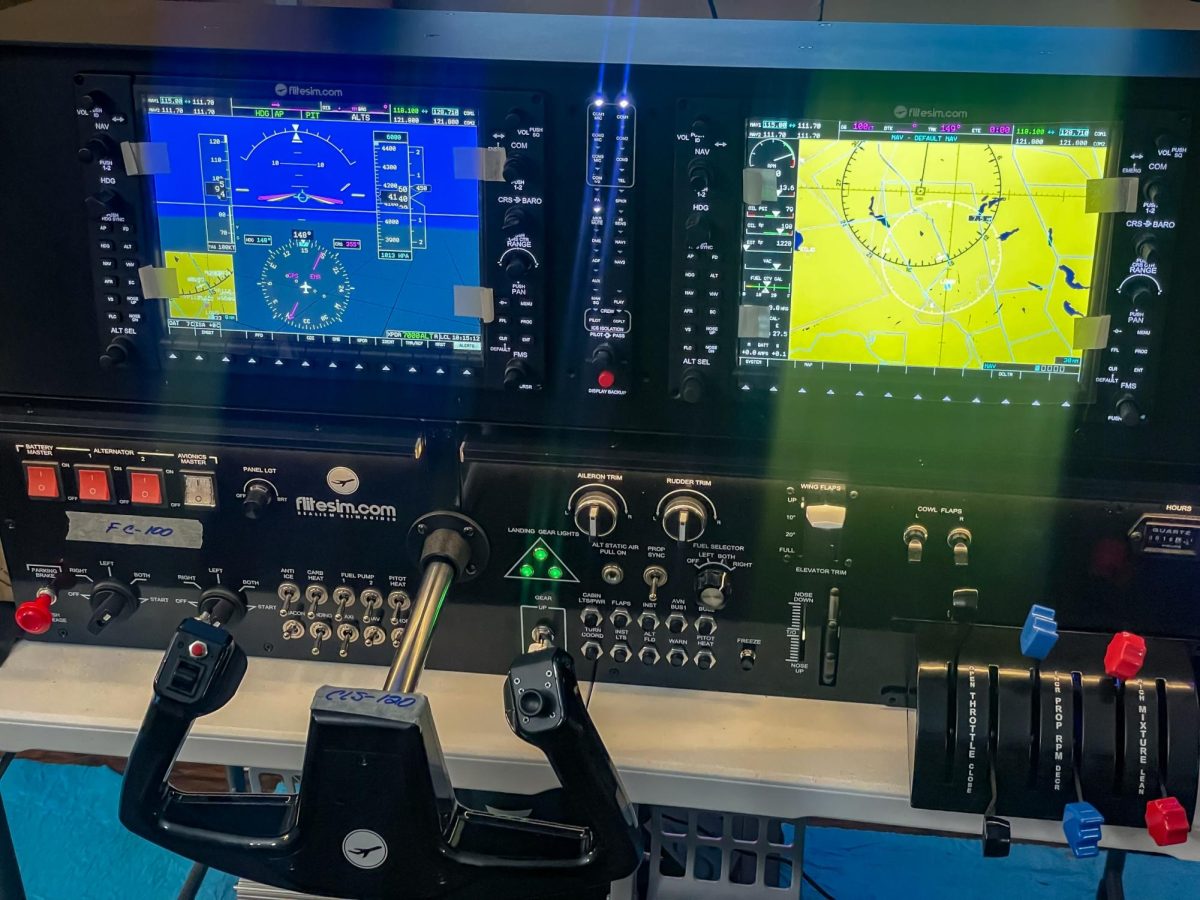The Mar. 1 Faculty Senate meeting involved debate on Student Learning Outcomes (SLO) assessments and increased workloads from pre-approved additions.
Members of the Assessment Committee were present at meeting to discuss two new implementations of assessments required for SLO before the senate voting on approving them. Some departments were exempted from certain SLO aspects because of their demonstrated inability to produce a quantitative literacy outcome.
Faculty Senate President Josh Butler asked if there was a reason every department had to assess everything. Senate Trustee Chad Middleton expressed concern over the added assessments because of the increased burden they placed on faculty.
“The workload keeps getting heavier and heavier,” Middleton said. “When we have to do an additional layer of assessment it comes at the expense of something else.”
Vice President of Academic Affairs Cynthia Pemberton explained there were only six areas of assessment adopted. She said the new aspects of assessment weren’t a new addition, but rather already approved assessments coming to fruition.
[media-credit id=19 align=”alignright” width=”300″] [/media-credit]
[/media-credit]
“My understanding as being new to this, is that it’s not new work,” Pemberton said.
She told the senate that since it was flushing out what was already agreed to, they would need to create a charge to have the assessment committee alter the requirements.
Physical and Environmental Sciences Senator Jared Workman wanted to make sure that administration knew how much time it took even though they weren’t directly causing more work. He expressed a desire to see the process overhauled to make it more efficient.
“Most of our time is spent on format,” Workman said. “It feels very much like trying to jam a square peg in a round hole.”
Faculty Senate Vice President James Ayers stated that even if the assessments were not actually an addition, it felt like an increase in workload. He suggesting making a charge to take things out.
“I just don’t want to do more; I’m tired,” Ayers said.
“The reality is that accountability that is expressed through assessment,” Pemberton said. She told the senate the assessments are linked to accreditation. “It’s not about if we do it, it’s about how we do it.”
Middleton and Biological Sciences Senator Tom Walla suggested having the senate find ways to make the process more streamlined. Ayers suggested tabling the issue.
Kinesiology Senator Elizabeth Sharp asked, “Is there going to be new information to be presented that will change our opinion? If not, then why are we delaying the vote?”
After a vote against tabling, the senate had a split vote to approve. Seven voted to approve, four voted against and three members abstained. After debate about what constituted a majority vote, the measure passed.
In other action:
Pemberton gave an update on handbook changes being made by the handbook committee based on suggestions by the Faculty Senate.
The senate discussed modifying math requirements for a kinesiology program moving from Bachelor of Arts to Bachelor of Science before tabling the matter for further discussion.
Butler told the senators he had contacted Vice President of Student Services John Marshall about shooter training and referenced the recent false alarm that took place during a Sunday volleyball tournament.



